Gujarat HC Quashes Entire Proceedings under GST Rule 96(10): A look back to Previous HC Rulings
Rule 96(10) is a restriction clause that the Kerala High Court has ruled to be ultra vires. It absolutely refuses to reimburse exporters who took advantage of certain Central Government notifications
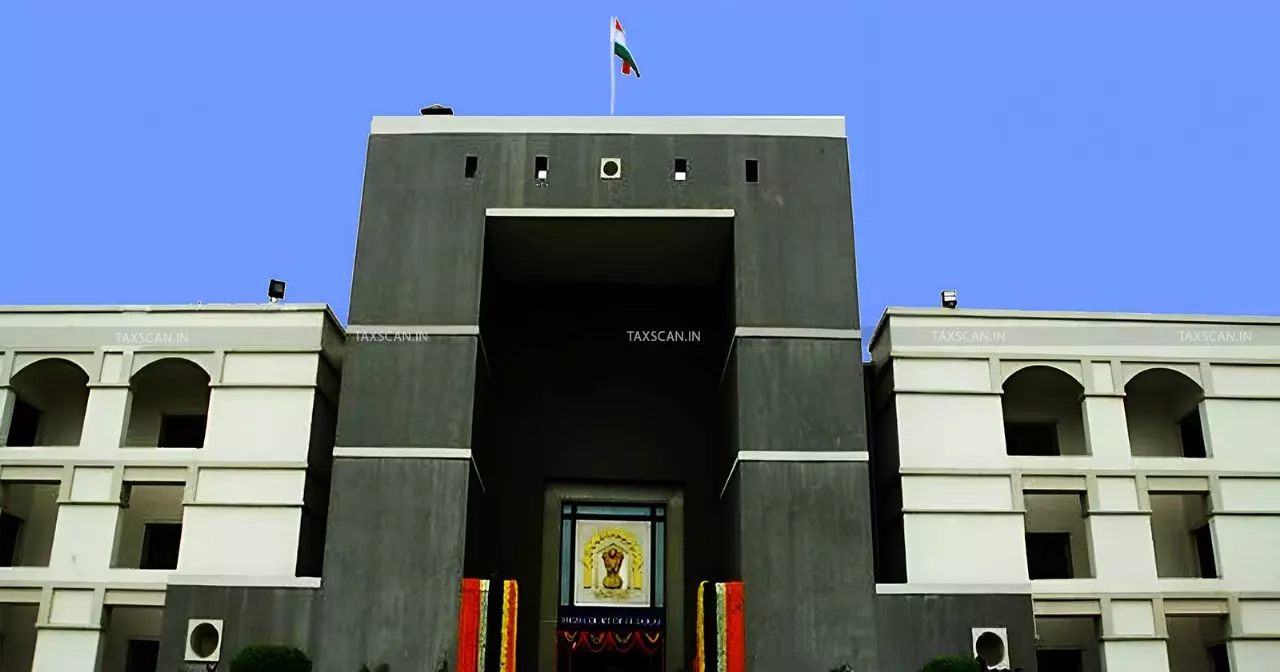
The Gujarat High Court rendered a definitive decision on a provision that has long been the subject of debate and litigation when it quashed the whole proceedings under Rule 96(10) of the Central Goods and Services Tax ( CGST ) Rules, 2017.
In a batch of petitions, the High Court today ruled that the omission of Rule 96(10) of the CGST Rules, as notified by Notification No. 20/2024–CT dated 08.10.2024, shall apply to all pending matters, including cases currently before the Court. Accordingly, it quashed the notices and orders seeking recovery of IGST refunds granted on exports.
Rule 96(10) was introduced as part of the CGST Rules in 2017, with the primary aim of preventing exporters from availing dual benefits specifically, claiming a refund of Integrated Goods and Services Tax (IGST) paid on exports while also receiving exemptions on input supplies under certain customs notifications.
The rule targeted cases where exporters procured goods under schemes like Advance Authorization or Export Promotion Capital Goods (EPCG), which allowed duty-free imports, and then sought IGST refunds on the finished exported goods.
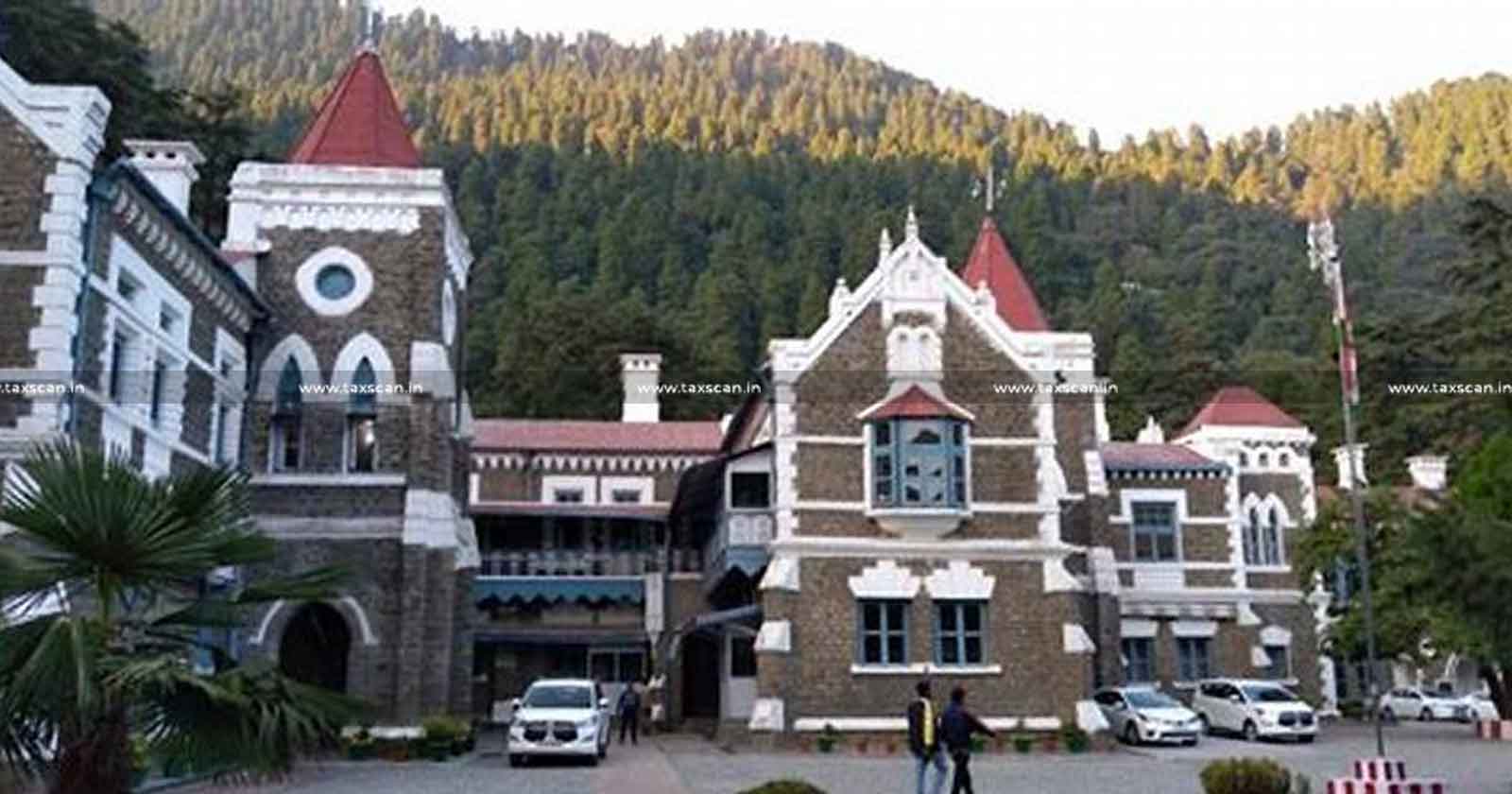 Also Read:Order Passed u/r 96 (10) of CGST Rules, 2017 after same was Omitted without any Saving Clause is Invalid: Uttarakhand HC [Read Order]
Also Read:Order Passed u/r 96 (10) of CGST Rules, 2017 after same was Omitted without any Saving Clause is Invalid: Uttarakhand HC [Read Order]
If benefits of specific concessional/exemption notifications, as listed in the sub-rule, have been used on inputs/raw materials imported or purchased domestically, Rule 96(10) of the CGST Rule, 2017 prohibits receiving a refund of integrated tax (IGST) paid on the export of goods or services.
The intent was to ensure that exporters did not gain an undue tax advantage by claiming refunds on taxes they had not actually borne, thereby preserving revenue integrity and preventing double benefits. However, the mechanism quickly became contentious due to its complex application, frequent amendments, and the financial and procedural hardships it imposed on exporters.
Rule 96(10) was enmeshed in controversy from the beginning. When their suppliers had taken advantage of specific exemptions, exporters were left perplexed and unsure about their eligibility for IGST refunds. Due to the rule's ambiguous wording and subsequent revisions, exporters were compelled to fight for their right to reimbursements, while the government was attempting to recoup refunds that had already been given.
Multiple High Courts were approached to challenge the rule’s constitutional validity and its alignment with the parent statutes the IGST Act and the CGST Act. In every case, the petitioners argued that Rule 96(10) imposed restrictions not contemplated by Section 16 of the IGST Act, which governs the right to refund on exports, and that the rule created an arbitrary distinction between different classes of exporters.
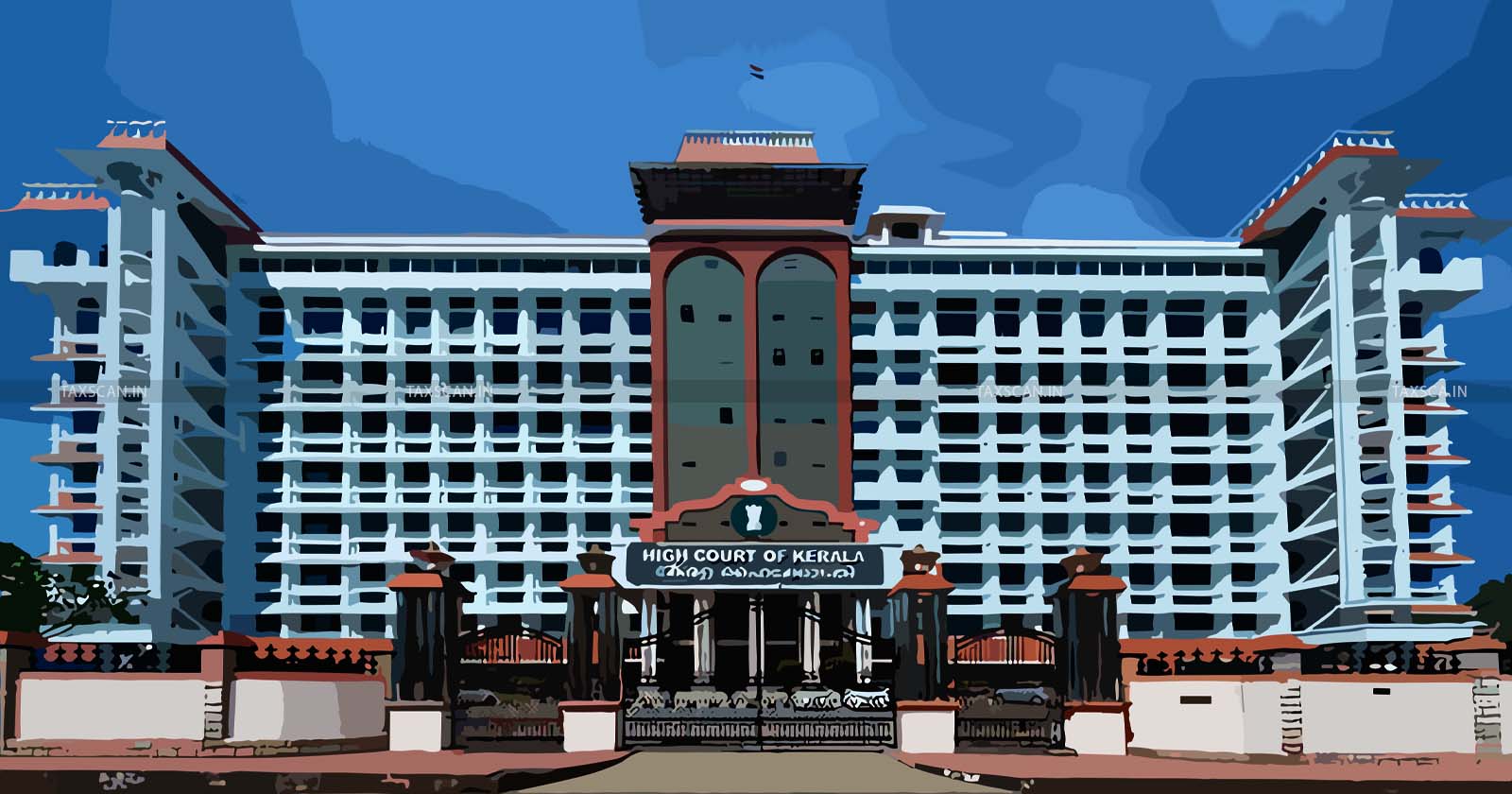 Also Read:Rule 96(10) Ultra Vires to Section 16 of GST Act: Detailed Analysis of Kerala HC's Judgment
Also Read:Rule 96(10) Ultra Vires to Section 16 of GST Act: Detailed Analysis of Kerala HC's Judgment
What is 96(10) of GST Act
Rule 96 deals with the reimbursement of integrated taxes paid on products or services that are exported from India. Additionally, Rule 96(10) is a restriction clause that the Kerala High Court has ruled to be ultra vires. It absolutely refuses to reimburse exporters who took advantage of certain Central Government notifications.
The Rule 96(1) states that “The persons claiming refund of integrated tax paid on exports of goods or services should not have -
(a) received supplies on which the benefit of the Government of India, Ministry of Finance notification No. 48/2017-Central Tax, dated the 18th October, 2017, published in the Gazette of India, Extraordinary, Part II, Section 3, Sub-section (i), vide number G.S.R 1305 (E), dated the 18th October, 2017 except so far it relates to receipt of capital goods by such person against Export Promotion Capital Goods Scheme or notification No. 40/2017-Central Tax (Rate), dated the 23rd October, 2017, published in the Gazette of India, Extraordinary, Part II, Section 3, Sub-section (i), vide number G.S.R 1320 (E), dated the 23rd October, 2017 or notification No. 41/2017-Integrated Tax (Rate), dated the 23rd October, 2017, published in the Gazette of India, Extraordinary, Part II, Section 3, Sub-section (i), vide number G.S.R 1321 (E), dated the 23rd October, 2017 has been availed; or
(b) availed the benefit under notification No. 78/2017-Customs, dated the 13th October, 2017, published in the Gazette of India, Extraordinary, Part II, Section 3, Sub-section (i), vide number G.S.R 1272 (E), dated the 13th October, 2017 or notification No. 79/2017-Customs, dated the 13th October, 2017, published in the Gazette of India, Extraordinary, Part II, Section 3, Sub-section (i), vide number G.S.R 1299 (E), dated the 13th October, 2017 except so far it relates to receipt of capital goods by such person against Export Promotion Capital Goods Scheme.
Explanation. - For the purpose of this sub-rule, the benefit of the notifications mentioned therein shall not be considered to have been availed only where the registered person has paid Integrated Goods and Services Tax and Compensation Cess on inputs and has availed exemption of only Basic Customs Duty (BCD) under the said notifications.”
Kerala High Court : Declaring Rule 96(10) Ultra Vires
The turning point came with the Kerala High Court’s decision, which found Rule 96(10) ultra vires to Section 16 of the IGST Act, declaring it unconstitutional for imposing conditions not conferred by the statute.
In the case of M/S. Sance Laboratories Private Ltd vs Union Of India, 2024, Kerala High Court observed that the petitioner’s arguments were well-founded. The bench further noted that there have been several changes made to Rule 96 of the CGST Rules over time. Although Rule 96's evolution is mentioned in a number of judgments, the Court and the parties concerned concur that it is not essential to look at the amendment history to ascertain whether the rule conflicts with Section 16 of the IGST Act.
Justice Gopinath P ruled that “Therefore, I am constrained to hold that Rule 96(10) of the CGST Rules as presently worded is ultra vires the provisions of Section 16 of the IGST Act, it is ‘manifestly arbitrary’ as the term is to be understood in the light of the law laid down in Shayara Bano (supra) and the provision as it stands today produces absurd results, not intended by the Legislature.
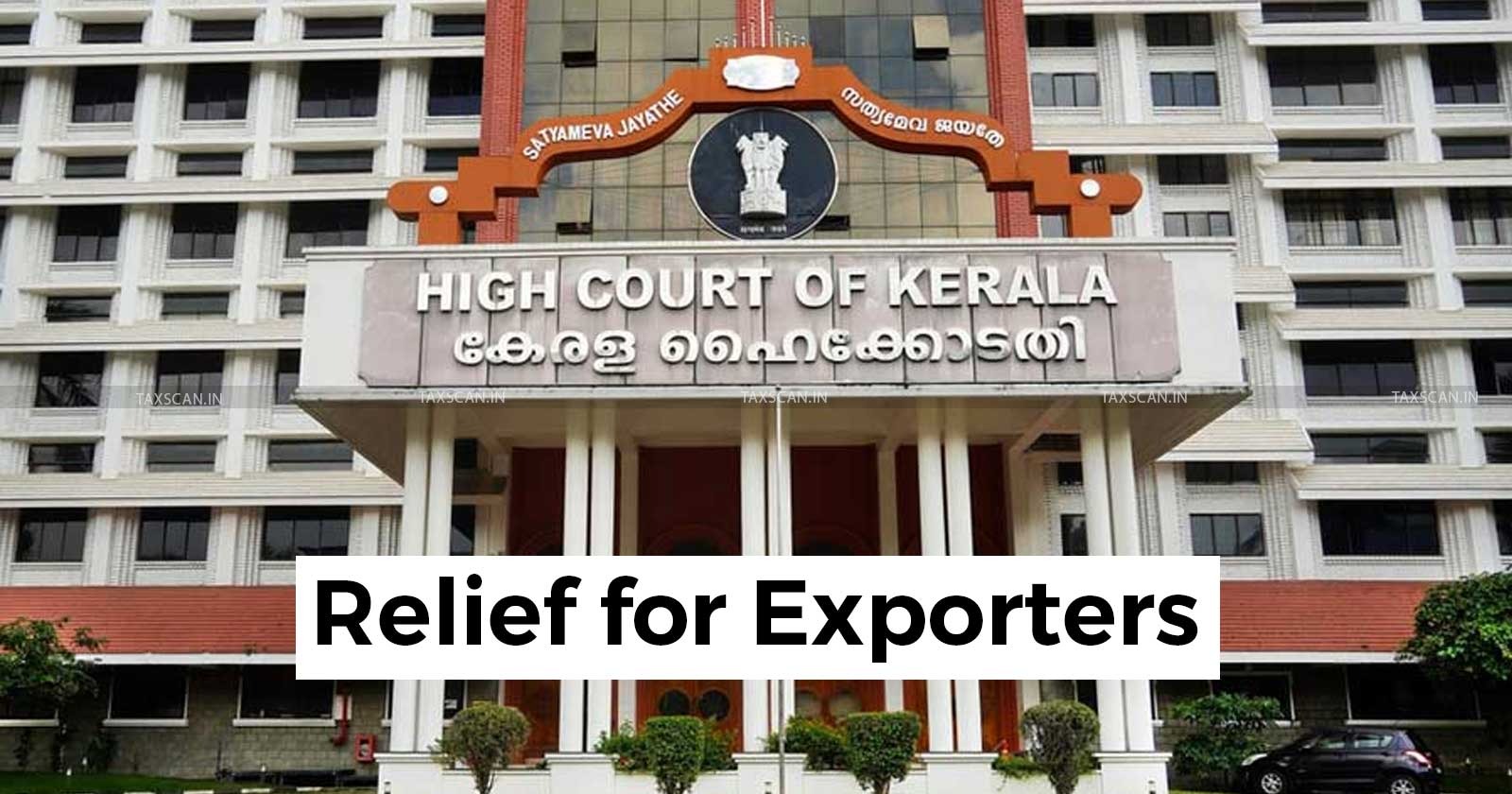 Also Read:Kerala HC declares Rule 96(10) of GST Rules Ultra Vires: Major Relief for Exporters on IGST Refunds [Read Order]
Also Read:Kerala HC declares Rule 96(10) of GST Rules Ultra Vires: Major Relief for Exporters on IGST Refunds [Read Order]
Omission of Rule 96(10)
Rule 96(10) was omitted from the statute book effective 8 October 2024, through Notification No. 20/2024 without saving any of its clauses by the 54th GST Council Meeting held on September 9, 2024, but prospectively. The omission did not include a saving clause for pending proceedings, which meant that, as per established legal principles, all actions under the rule must cease from the date of its omission.
According to the Department's clarifying Circular, if inputs were first imported without paying IGST and compensation cess (under exemption notification), but the taxes were later paid with applicable interest and the Bill of Entry was reevaluated, the IGST refund would not be deemed to be in violation of Rule 96(10).
The Gujarat High Court, echoing the Supreme Court’s reasoning in Kolhapur Canesugar Works Limited, held that the deletion of a rule without a saving clause obliterates it from the statute book, and no further action can be taken under it even for ongoing or pending cases.
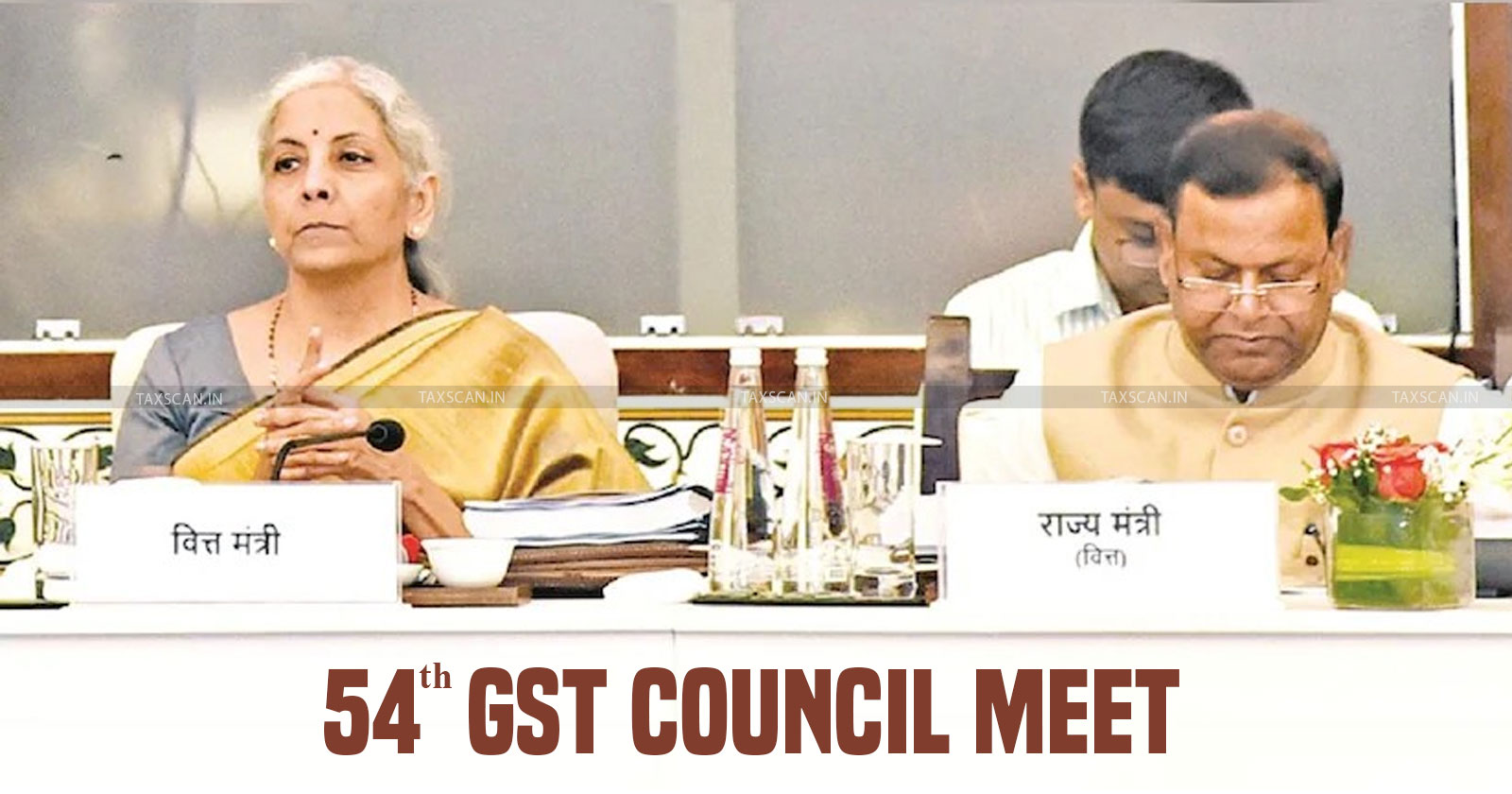 Also Read:54th GST Council Recommends to prospectively Omit rule 96(10), rule 89(4A) & rule 89(4B) from CGST Rules, 2017
Also Read:54th GST Council Recommends to prospectively Omit rule 96(10), rule 89(4A) & rule 89(4B) from CGST Rules, 2017
This interpretation was reinforced by similar rulings from other High Courts, including Uttarakhand and Kerala, which set aside recovery orders and refund demands issued after the rule’s omission. The courts consistently held that, in the absence of a saving clause, the government lacked the authority to continue or initiate proceedings under Rule 96(10) after its deletion.
In the case of Glenn Industries Private Ltd & Anr, the calcutta High Court ruled that “Having regard thereto, in my view, the said provision of rule 96(10) being omitted unconditionally, without a saving clause in favour of the pending proceedings, all actions from the date of such omission of the rule must stop. Having regard thereto, I find that there was no scope for the respondent no. 2 to pass any order by invoking the provisions of rule 96(10) of the said rules after the same was omitted on 8th October, 2024 without a saving clause in favour of the pending proceeding.”
Impact on Exporters
Exporters who had already paid back refunds or whose cases were concluded prior to the omission may not automatically benefit from the quashing of ongoing proceedings. This has led to calls from industry bodies and legal experts for the government to consider retrospective relief, potentially through legislative or administrative intervention, to fully address the hardships caused by the now-invalidated rule.
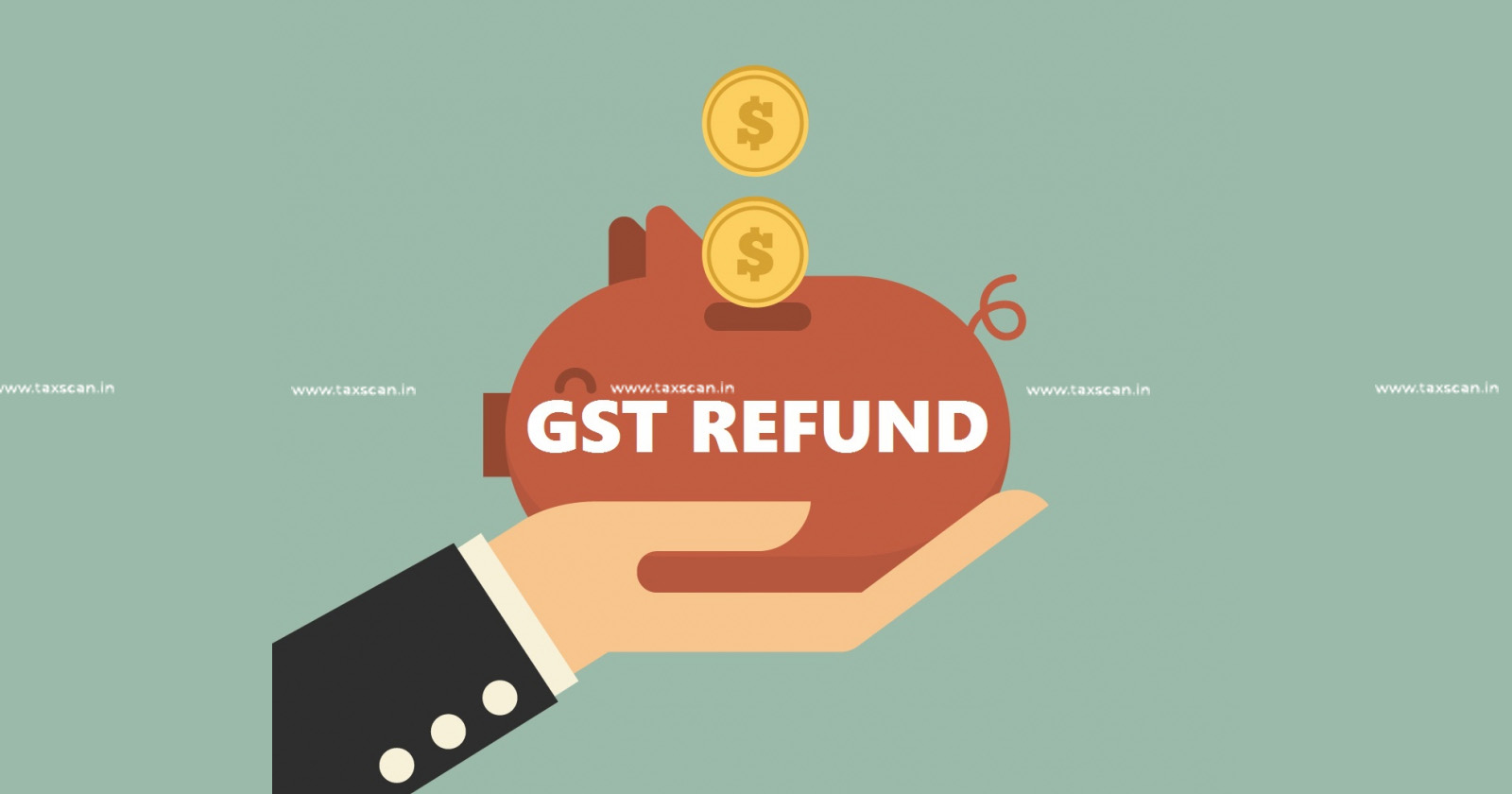 Also Read:Bombay HC Quashes GST Refund Recovery in Absence of SCN & due to non granting of Hearing Opportunity [Read Order]
Also Read:Bombay HC Quashes GST Refund Recovery in Absence of SCN & due to non granting of Hearing Opportunity [Read Order]
The detailed Judgment is awaited.
Support our journalism by subscribing to Taxscan premium. Follow us on Telegram for quick updates


